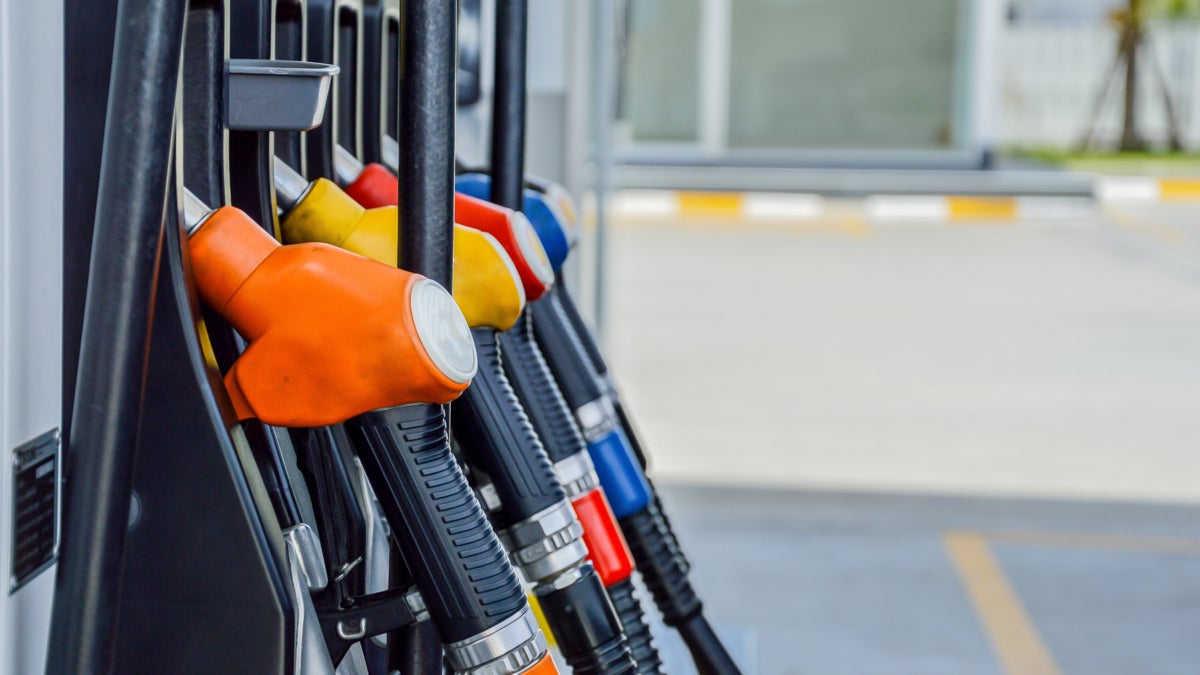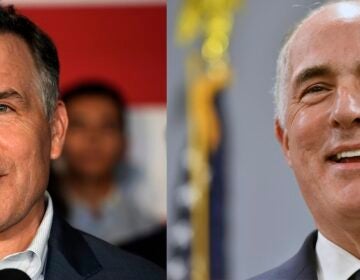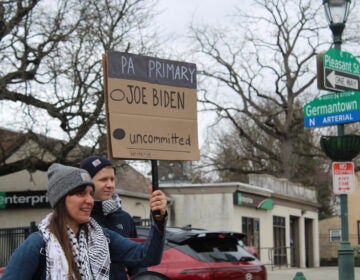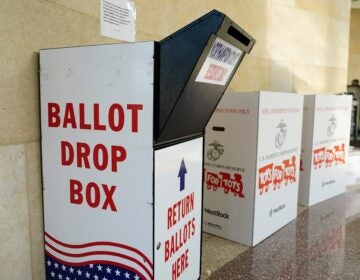N.J. hiking gas tax by 4.3 cents a gallon to 41.4 cents
 Photo via ShutterStock " title="shutterstock_219684070" width="1" height="1"/>
Photo via ShutterStock " title="shutterstock_219684070" width="1" height="1"/>
(Photo via ShutterStock
New Jersey’s gas tax will climb by 4.3 cents a gallon, or more than 10 percent, under a bipartisan law enacted in 2016, Democratic Gov. Phil Murphy’s administration said Thursday.
The 41.4 cent-per-gallon rate will go into effect on Oct. 1 and means New Jersey would have the fifth-highest gas tax in the country, up from No. 8, according to 2017 data from the conservative Tax Foundation. Though it will still be lower than neighboring New York and Pennsylvania.
Murphy’s administration sought to shift blame for the higher rate, which stems from a bipartisan law enacted under Republican Chris Christie in 2016.
“The precise change in the gas tax rate is dictated by several factors, all of which are beyond the control of the current administration,” Treasurer Elizabeth Muoio said in a statement.
The law calls for a steady revenue stream to support a $2 billion a year trust fund for road, bridge and other transportation work, up from $1.6 billion before the 2016 law went into effect
To do that the law requires the treasurer and legislative officials to review revenue and set the tax rate to reach the target figure. This year officials say they determined the rate would have to climb by 4.3 cents.
But Murphy’s administration added that Christie overestimated fuel consumption last year and failed to raise the rate 1.7 cents. Had that happened, then the rate would climb 2.6 cents this year, according to the Treasury.
It’s the second time since 2016 the gas tax has gone up, and reflects nearly a tripling of the rate that stood at 14.5 cents per gallon for nearly three decades.
This is the latest chapter in what was a hot-button drama in Christie’s final years in office. The state’s depleted transportation trust fund had not been replenished under Democratic and Republican administrations for years with the potential for it to run out of money.
To address the problem, Christie and lawmakers agreed to hike the gas tax by 23 cents in 2016, while also cutting other rates, such as the sales tax and retirement income taxes, on Christie’s insistence.
Officials at the time did not emphasize the provision of the law that allows for the rate to adjust given how much revenue the gas tax brings in.
Treasury officials say legislative action is required to change the formula, and they add that the change must secure reliable annual revenues for the trust fund, which supports capital projects across the state.
WHYY is your source for fact-based, in-depth journalism and information. As a nonprofit organization, we rely on financial support from readers like you. Please give today.




